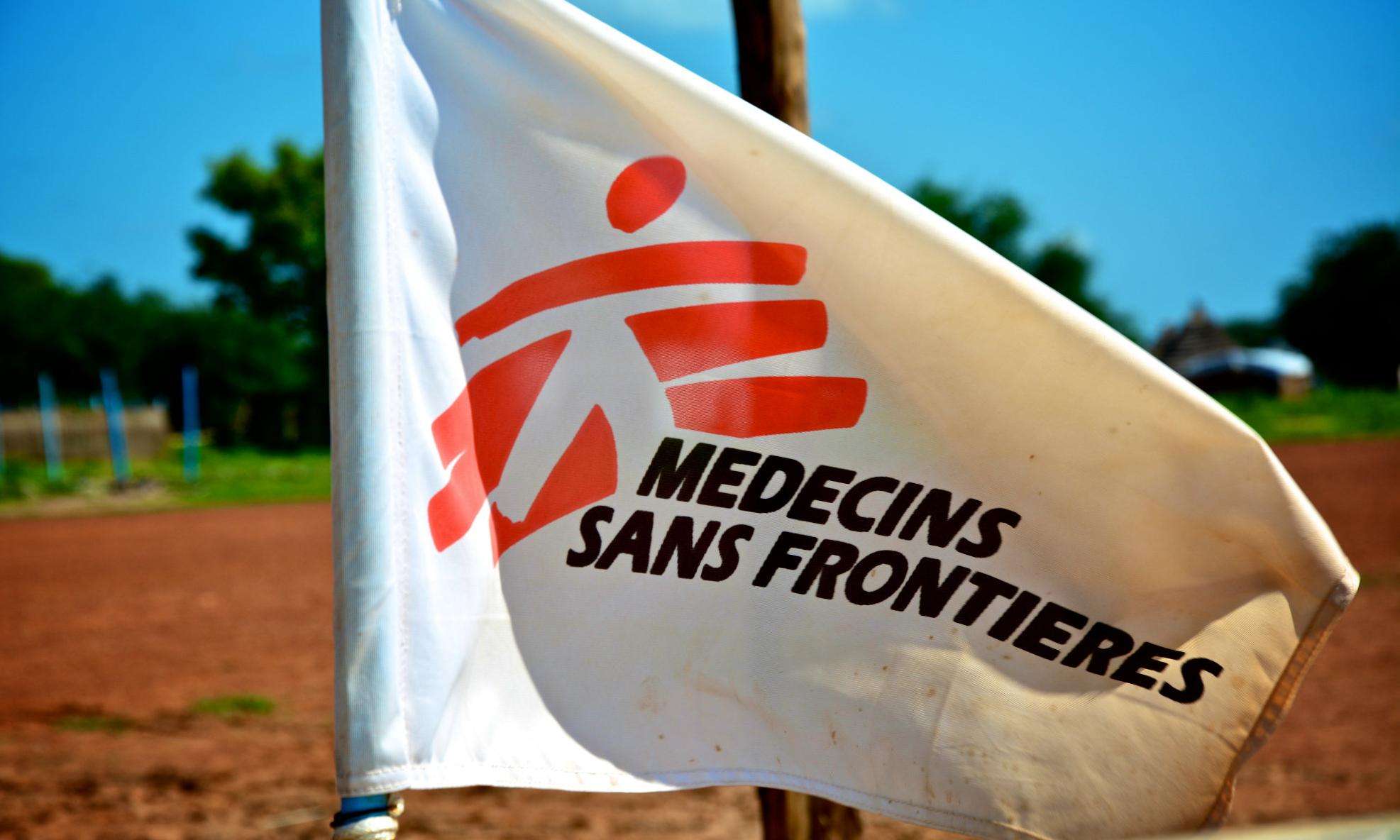Participants at an International Consultative Workshop that took place at the end of October in Swaziland have come up with a series of recommendations to improve and increase the response to the alarming dual epidemic of HIV/AIDS and tuberculosis (TB) that is claiming thousands of lives every year in the Southern African region and in Swaziland in particular. The meeting was jointly organized by the Ministry of Health of the Kingdom of Swaziland and Doctors Without Borders/Médecins Sans Frontières (MSF).
From October 28 to 30, 2009, over 120 international and local experts gathered in Matsapha, Swaziland, to discuss response strategies to the dual HIV-TB epidemic and heard testimonies from civil society representatives, including patients currently on treatment. A particular focus of the workshop was on the crippling effect that the growing multi-drug-resistant tuberculosis (MDR-TB) epidemic is having on the health systems of Southern African countries. Patients suffering from MDR-TB need to be put on a two-to-three year treatment that includes painful injections for at least six months and a large number of drugs have to be taken every day. HIV-positive people are a particular concern being at a much greater risk of developing tuberculosis and its resistant forms than other people.
MDR-TB was high on the meeting’s agenda, because resistant strains of tuberculosis are the most complex to detect and cure. “I’m supposed to take injections for nine months,” says Nikiwe Mahlaba, a 30 year-old patient from Swaziland. “So far, I’ve only been injected for four months and the pain is unbearable. I get so worried when I see other patients who are also receiving the same injection, some of them going deaf due to the side effects.”
The workshop came up with a series of recommendations covering issues such as improving health systems and models of care, the clinical management of DR-TB patients, infection control, health information systems, laboratory, ethical issues, and drug supply. There was a strong call for the need to initiate and provide HIV and TB treatment more broadly—at peripheral health care facilities, closer to where patients live, thus improving access to the diagnosis and treatment, a task to be performed by qualified nurses if the medical doctors, who are often in short, are not available.
Read this report for a complete list of recommendations.
“In most of the conflicts or natural disasters where MSF intervenes around the world, the number of people dying is significantly less than what we are seeing today in Swaziland and other areas in the Southern African region,” says Hermann Reuter, an MSF doctor working in Swaziland. “Most of the TB patients die in the first two months because they are also infected with HIV and were not put on antiretroviral treatment fast enough, or because they are infected with drug-resistant TB and were not diagnosed early enough.”
The dual HIV-TB epidemic remains the highest cause of death in countries of the Southern African region and is a heavy burden on the health systems there. The meeting’s recommendations will be shared with the TB assessment team of the Southern Africa Development and Economic Community (SADEC) region when they visit Swaziland from November 16 to 20, 2009.
“This workshop was a resounding success, not only thanks to the involvement and hard work of so many experts, but also because they have come up with practical recommendations,” said Bruno Jochum, MSF's Director of Operations in Geneva. “We hope the recommendations can be endorsed quickly and implemented in a timely way by all the stakeholders fighting the HIV-TB epidemic.”
Southern Africa: Fighting HIV-TB Crisis, MSF Contributes to New Recommendations

© Valérie Batselaere/MSF



